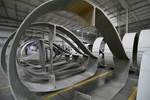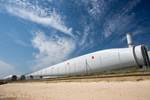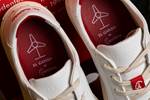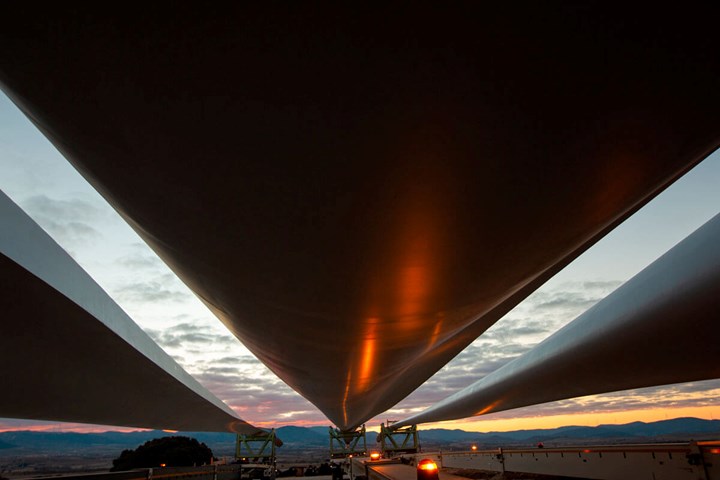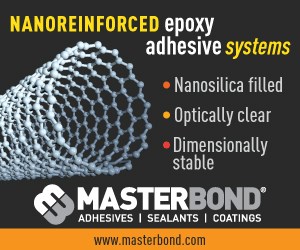Acciona to build wind blade recycling plant in Spain by 2025
Waste2Fiber facility will use a proprietary thermal method to separate wind blade materials for reuse and will have a processing capacity of 6,000 tons of material/year.
Infrastructure and renewable energy company Acciona, (Alcobendas, Spain), Acciona Energía (Alcobendas) and RenerCycle (Navarra) have announced the construction of Waste2Fiber, a wind blade recycling plant in Lumbier (Navarra), Spain.
The facility, to be operational in 2025, brings together Acciona’s experience in composite materials, Acciona Energía’s access to end-of-life (EOL) wind turbine blades and track records in innovative solutions for the circular economy, as well as RenerCycle’s activities in the decommissioning of wind turbines.
Awarded €5.3 million in funding from the Spanish government’s PERTE, and with support from the Navarra government, Waste2Fiber will be using proprietary thermal treatment technology for the recycling of composite materials present in wind turbine blades. This technology, based on the use of moderate and controlled temperature and atmosphere conditions, will make it possible to preserve the properties of reinforcement fibers, reuse the organic fractions and transform the composite materials into secondary raw materials with high added value that can be used in new production processes with a quality comparable to that of virgin raw materials. This represents a considerable environmental and safety improvement for the transformation of waste into secondary raw materials in compliance with European waste management directives.
Several recycled glass and carbon fiber formats will be used in industries such as automotive and construction, while organic compounds will have applications in the chemical industry.
Construction of the recycling facility will begin in the first half of 2024. The plant will have a processing capacity of 6,000 tons of material per year, covering all stages of the production process, from the dismantling and fragmentation of blades to the output and quality control of final products.
Compared to the production of virgin fibers, this valorization of components will reduce the carbon footprint by 66% and 95% for glass fibers and carbon fibers, respectively, the partners report.
In 2021 Acciona achieved certification of its “Circular Economy Strategy” from the Spanish Association for Standardization and Certification (AENOR). Since then, the company has continued to invest in activities to drive and promote circular economy.
Related Content
-
Carbon fiber in pressure vessels for hydrogen
The emerging H2 economy drives tank development for aircraft, ships and gas transport.
-
Novel composite technology replaces welded joints in tubular structures
The Tree Composites TC-joint replaces traditional welding in jacket foundations for offshore wind turbine generator applications, advancing the world’s quest for fast, sustainable energy deployment.
-
Materials & Processes: Fabrication methods
There are numerous methods for fabricating composite components. Selection of a method for a particular part, therefore, will depend on the materials, the part design and end-use or application. Here's a guide to selection.


